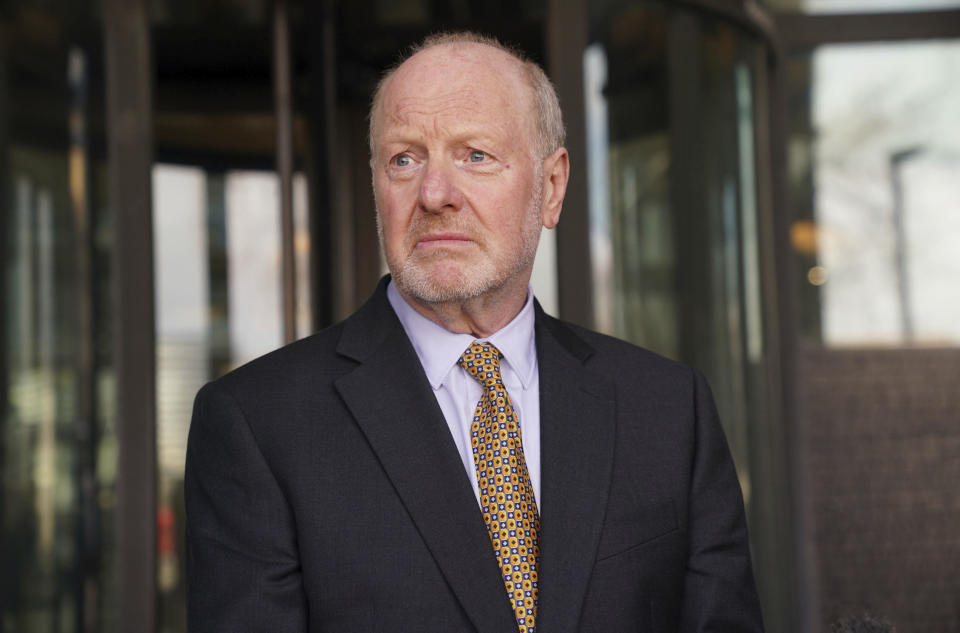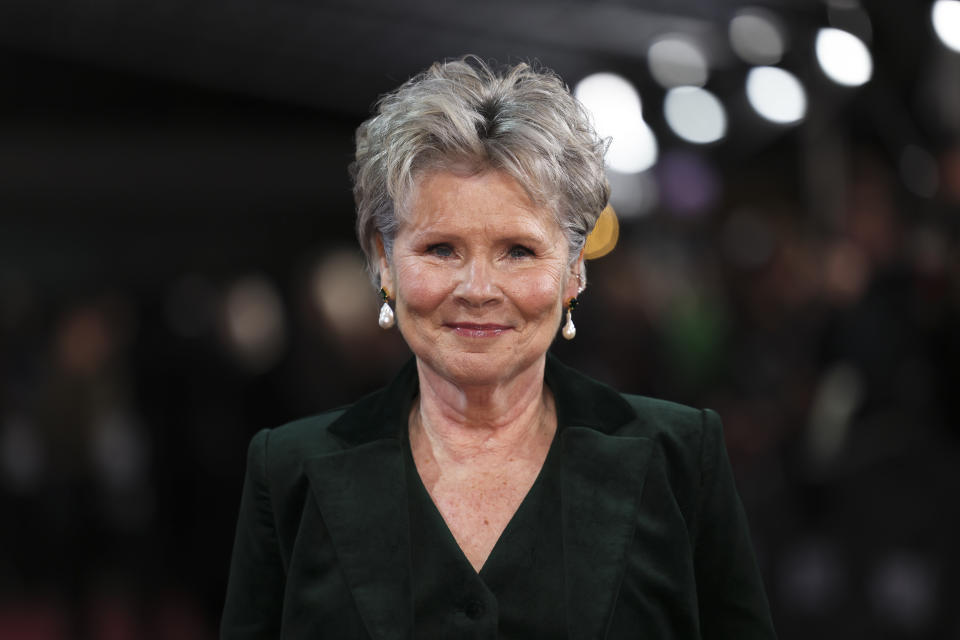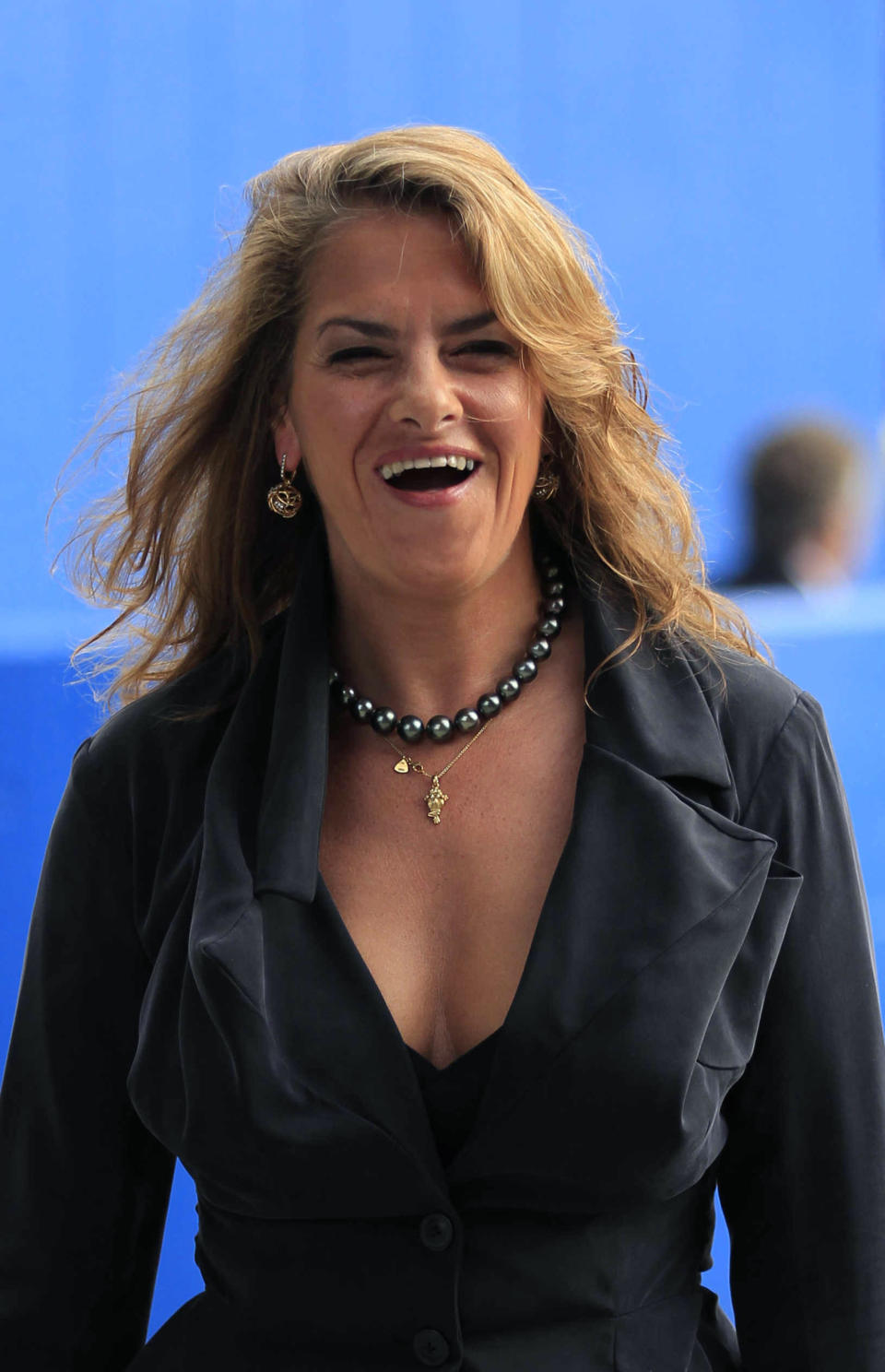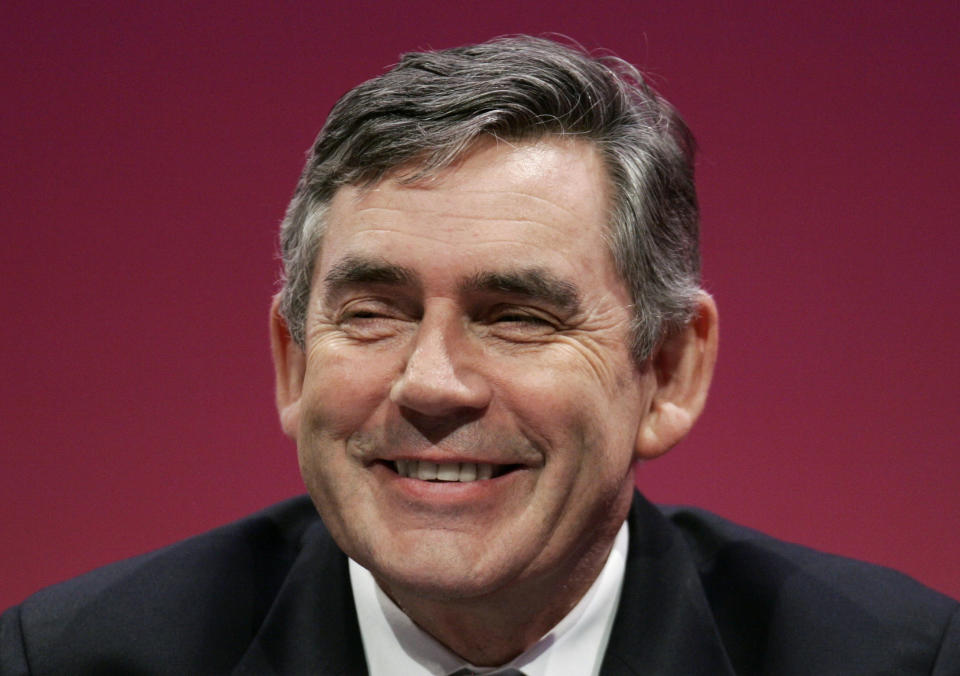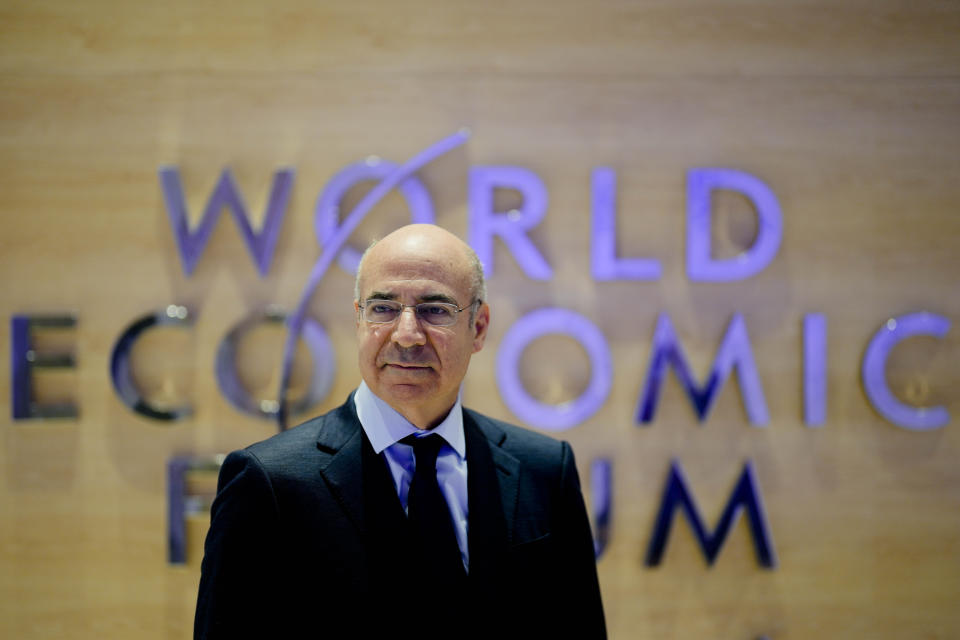A campaigner who took on the UK Post Office joins Tracey Emin, Imelda Staunton on royal honors list
LONDON (AP) — A former post office branch manager who campaigned to expose a vast miscarriage of justice has been given a knighthood by King Charles III.
Alan Bates is among more than 1,000 people, including artist Tracey Emin, actress Imelda Staunton and Duran Duran singer Simon Le Bon, recognized on Friday on the King’s Birthday Honors list, released to mark the British monarch’s official birthday.
Bates was among thousands of branch managers accused of dishonesty after a faulty accounting system showed money was missing from their shops. About 900 were convicted, some were imprisoned, and many were financially ruined.
Bates was stripped of his Post Office branch in 2003 after he repeatedly complained about the Horizon software supplied by Fujitsu. In 2009, he founded the Justice for Subpostmasters Alliance to campaign for the truth and compensation. After years of pressure, the government set up a public inquiry and quashed the convictions.
Bates became known to millions when he was played by Toby Jones in television drama “Mr. Bates vs the Post Office,” broadcast earlier this year.
Bates said that while he was the recipient, the honor was “on behalf of the group as well — and recognition of the horrendous things that have happened to them. And the story’s not over yet.”
Emin, a leading member of the Young British Artists movement that shook up the 1990s art scene, was made a dame, the female equivalent of a knight. She made her name with self-revealing works such as and “Everyone I Have Ever Slept With” and “My Bed” — a mess of disheveled sheets, empty vodka bottles, cigarette butts and discarded condoms.
“Dame Tracey has a good ring to it,” said Emin, whose recent work charts her experience with an aggressive form of bladder cancer. “I’m very, very happy. Another brilliant surprise in my life.”
Staunton, who played Queen Elizabeth II in the final two seasons of “The Crown,” said she was “genuinely humbled to be recognized on the same level as the amazing actresses, all the great dames, who have led the way for so many of us.”
U.S.-born financier Bill Browder, a Kremlin critic who campaigns against corruption and human rights abuses in Russia, received a knighthood. He dedicated the honor to Russian dissidents who made the “ultimate sacrifice” for their country, including Alexei Navalny and Browder’s former lawyer Sergei Magnitsky, who died in a Russian prison in 2009 after exposing a tax fraud.
Browder successfully lobbied U.S. lawmakers to pass the 2012 Magnitsky Act, which allows for asset freezes and visa bans of human rights violators in Russia. Several other countries have adopted similar legislation.
“We should do everything we can to support those Russians that are fighting the Putin regime, so that when his regime finally falls we have some good and decent people to run the country, to bring democracy, human rights and freedoms to the Russian people, and to engage with the West in a peaceful way,” Browder said.
Knighthoods also went to choreographer Wayne McGregor, composer John Rutter and historian Niall Ferguson, while fashion designer Anya Hindmarch was made a dame.
Former U.K. Prime Minister Gordon Brown, in office between 2007 and 2010, was made a Companion of Honor, which is limited to 65 people “of distinction.”
In the world of sports, there was a knighthood for cyclist Mark Cavendish; a CBE or Commander of the Order of the British Empire for former Scotland soccer star Graeme Souness; and an MBE — Member of the Order of the British Empire — for sprinter Anita Neil, the first Black woman to compete for Great Britain at an Olympic Games, in 1968.
Film and television writer Armando Iannucci, creator of political comedies “The Thick of It” and “Veep,” received a CBE, while Le Bon got an MBE for services to music and charity.
In descending order, the main honors are knighthoods, CBE, OBE — Officer of the Order of the British Empire — and MBE. Knights are addressed as “sir” or “dame,” followed by their name. Recipients of the other honors have no title, but can put the letters after their names.
Recipients are selected by committees of civil servants from nominations made by the government and the public, with the awards bestowed by the king or other senior royals during Buckingham Palace ceremonies.
The awards are criticized by some over their associations with Britain’s imperial past, but remain widely coveted as a mark of recognition. Beyond the smattering of celebrities, many recipients are people outside the public eye who have made a contribution to charities or their communities.
They include Royal Gurkha Rifles veteran Hari Budha Magar, an MBE recipient who climbed Mount Everest after losing both his legs above the knee in Afghanistan, and Gerald Lobley, who received an MBE for half a century of teaching Scottish youngsters chess.
